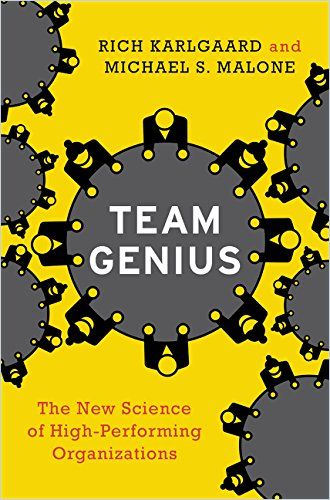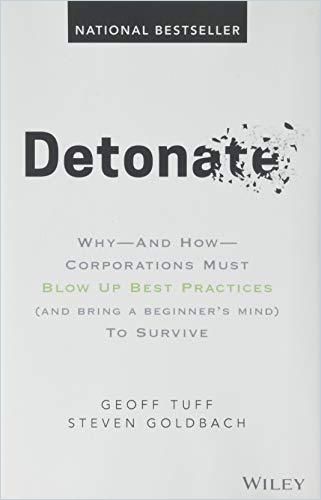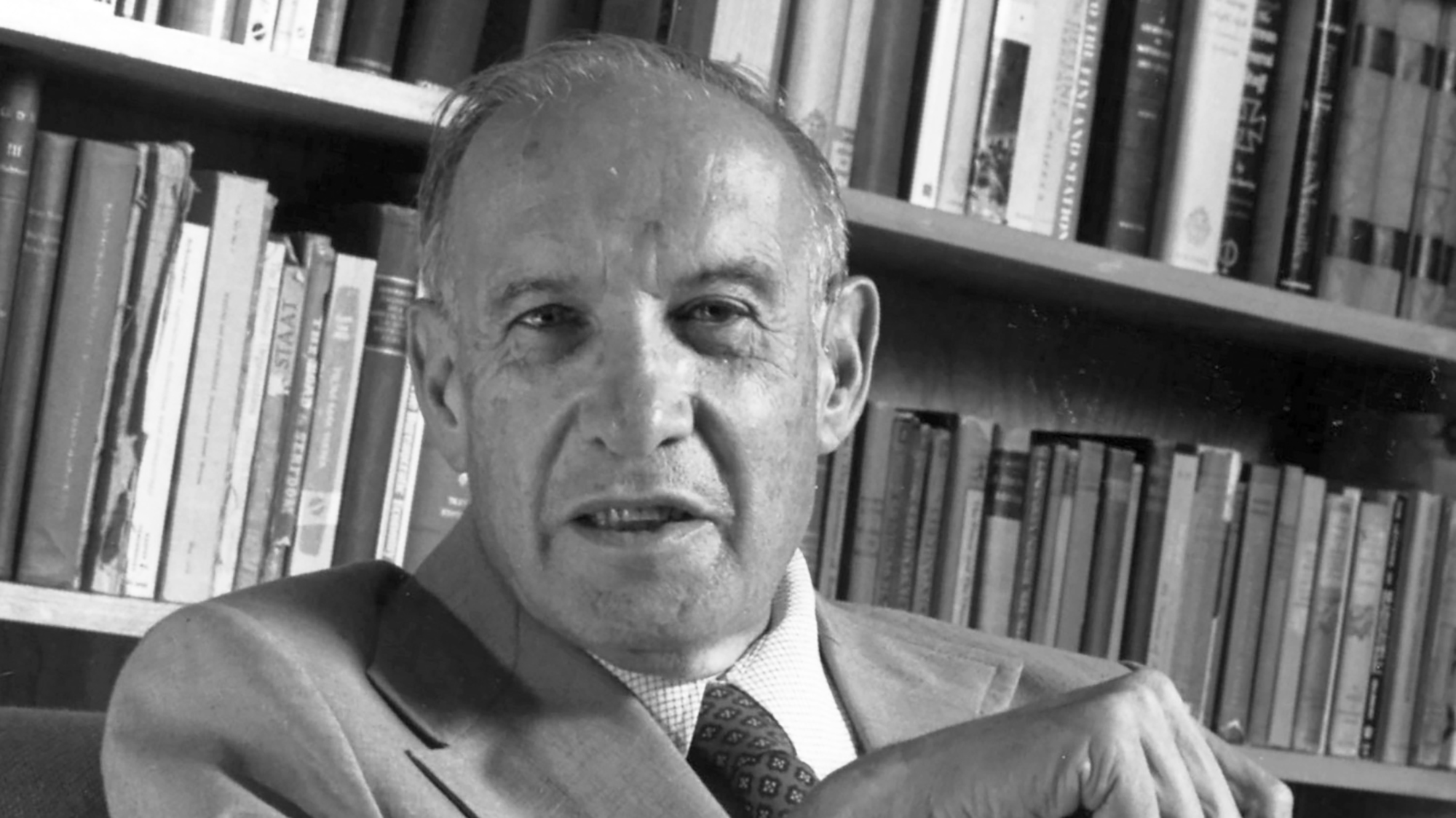Whaling in Nebraska

At times it is hard to fathom other countries’ traditions and habits. The American enthusiasm for guns seems crazy to most of us, just like their phobia of unpasteurized milk. You can walk around Alaska with an unconcealed and ready to fire AK-47 but don’t even think of trying to smuggle French brie across the border. “This piece of cheese is very dangerous, mister! You can’t bring this into our country.” “But Sir, cheese doesn’t kill people. People kill people!”
EU citizens are convinced they are the uncrowned kings and queens of bizarre laws and irrational regulations. Honey, for example, has to have an electrical conductivity of 0.8 microsiemens per centimeter.
The EU norm on pacifier chains states in merely 52 pages, 8 chapters and 40 sub chapters everything you need to know about material, construction, performance, packaging and labeling of something so complex as a pacifier holder.
Vince Ebert
Brussels determines the amount of water that may flow through a showerhead – and the distance between the metal bars of a barbecue grid. It seems that an apparatus of 25,000 co-workers will eventually develop its very own dynamics: Approximately 21,000 guidelines tell us exactly how we are supposed to put up a ladder, that a quantum leap is allowed only in a leap year and that the “dropping of a dog is an independently movable item that does not necessarily blend into the possession of the owner of the lawn by sinking into said patch of grass.” Just in case you had been asking yourself that…
Note
Our columnist Vince Ebert speaks at congresses, conferences and company celebrations in German and English on the topics of success, innovation and digitization. Here you can hire Vince Ebert as a keynote speaker for your event.
British sociologist Cyril Northcote Parkinson observed this already in 1955 and enunciated the so-called Parkinson’s law: “Every public body of administration that is not engaged in a war will increase its staff of employees each year by 5-6%. Regardless of the amount of work or the number of problems that need to be dealt with.”
Notwithstanding the known fact that the size of a team has a direct influence on its output. Several years ago, a team of the University of Vienna studied the sizes of governments and ministries of 200 countries and came to an expected conclusion: Growing ministry sizes correlate strongly with a decline of wealth and education. The more politicians have a say in a matter, the less efficient a system becomes.
Anthropologist Robin Dunbar has conducted research on human networks for 20 years and found out that groups of up to 150 individuals are still able to cooperate quite well. We also have historical proof for this theory: Stone Age villages consisted of 120 to 150 inhabitants, the Roman army was divided into companies of 160 soldiers each and Amish communities never contain more than 150 members. As soon as a group grows larger it is divided into two separate communities. Even on Facebook and Twitter the average amount of friends is between 100 and 250. Funny though that none of them show up whenever you need help to carry a piano to the fifth floor.
Meanwhile Dunbar has adjusted the maximum number to 180. As soon as the magic Dunbar number is exceeded, we seem to be less and less able to cooperate constructively. It simply takes too much energy to stay in quality touch with everybody and our brain is not able to process too many interactions.

The biggest problem with bureaucracies is their inefficiency. Can somebody please explain to me why every German needs an 11-digit tax number? With a population of 82 million, eight digits per person would have been quite sufficient. But who knows, maybe Germany will expand to 100 billion inhabitants very soon, and then of course the German department of finances would be pretty screwed with only eight numbers.
Bureaucrats don’t put up pointless rules and time-consuming regulations because they are idiots or mean-spirited; it’s because they don’t have to live with the consequences of their actions. Needless to say, this is the same in America. The madness even differs from state to state.
In Illinois, for example, it is forbidden to have dinner in a burning restaurant. Keep that in mind the next time you want to eat out in Chicago.
Don’t book a table that is on fire. It’s against the law.
Vince Ebert
In Connorsville, Wisconsin, men must not fire their rifle while their women have an orgasm. And “firing your rifle” is definitely not meant as a metaphor.
My favorite US state though, when it comes to bureaucracy, is Nebraska: Hairdressers are not allowed to devour onions between 7 a.m. and 7 p.m. Also, whale hunting is strictly forbidden. Which makes total sense since Nebraska is a land-locked state. With no ocean access anywhere near. But if one day Sea World opens a venue there, the audience will at least know that they must not shoot the Orcas.
In all fairness I should mention that Nebraska was founded by Germans. It was my ancestors that initiated these silly rules. Thus the circle of madness is complete.
For further reading on the topic, Vince recommends the following from our knowledge library:
Photo: Frank Eidel









